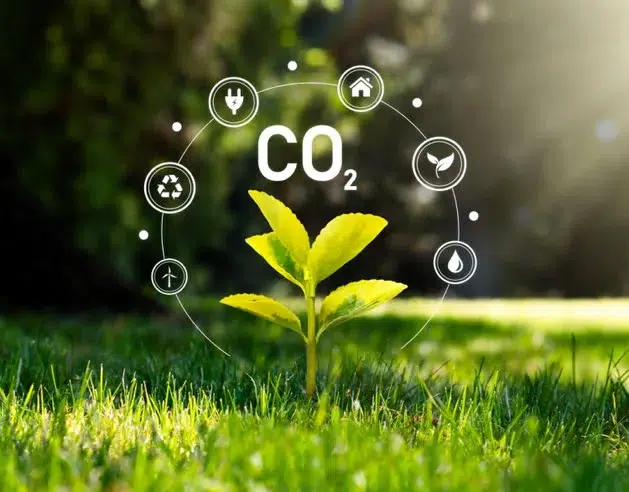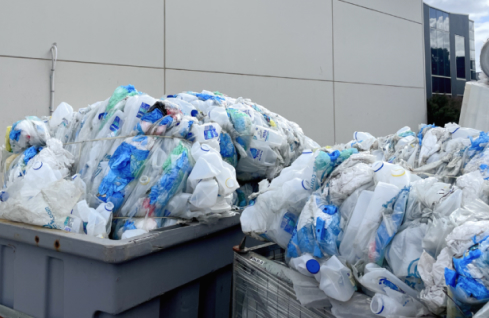In an era marked by growing environmental concerns, finding innovative solutions to combat climate change has become paramount. Among the emerging eco-friendly technologies, biochar stands out as a promising method with vast potential to mitigate the impact of climate change while bolstering agriculture. Here’s why adopting and supporting technologies to convert agricultural waste into biochar is of utmost importance.
What is Biochar?
Biochar is a form of charcoal that is produced by heating biomass, such as agricultural waste, wood, and other organic materials, in a low-oxygen environment through a process known as pyrolysis. The resulting product is a stable, carbon-rich material that can be used to enhance soil quality and sequester carbon for hundreds to thousands of years.
The Climate Connection
- Carbon Sequestration: Biochar is a carbon-negative technology, meaning it removes more carbon dioxide from the atmosphere than it emits during its production. By locking carbon into the soil, it reduces atmospheric CO2 levels, a major driver of global warming.
- Improved Soil Fertility: When biochar is added to soil, it enhances its fertility and water retention capacity. This results in increased crop yields, reducing the need for deforestation to create new agricultural land.
- Reduced Greenhouse Gas Emissions: The application of biochar to soil can also reduce the release of methane, a potent greenhouse gas, from wetlands and rice paddies, further contributing to climate change mitigation.
Biochar and Sustainable Agriculture
- Less Reliance on Synthetic Fertilizers: Biochar provides a natural, long-lasting source of nutrients for crops, reducing the need for synthetic fertilizers. This minimizes the energy and resources required for fertilizer production, which typically release significant greenhouse gases.
- Improved Resilience: Healthy soils enriched with biochar are better equipped to withstand extreme weather events, such as droughts and heavy rainfall, making agriculture more resilient to the effects of climate change.
- Water Quality: Biochar can also improve water quality by reducing the leaching of harmful agricultural chemicals into groundwater.
Goenvi’s Role in Biochar Technology
Goenvi Technologies, a pioneering chemical recycling startup, is at the forefront of the biochar revolution. With its patented catalytic thermal decomposition technology, they are converting end-of-life hydrocarbon wastes into biochar, along with alternate fuels and chemicals. Their commitment to sustainability is evident through their participation in Google’s startup for sustainable development program and various accolades for innovation.
By offering a buyback on the end products, Goenvi is not only reducing waste but also creating a circular economy. This innovative approach aligns with the principles of a green, sustainable future.
Supporting Biochar Technology
Supporting technologies like the one offered by Goenvi can significantly contribute to addressing climate change. By encouraging biochar production and utilization, we can:
- Reduce greenhouse gas emissions.
- Enhance soil quality and crop productivity.
- Promote sustainable agriculture.
- Contribute to a healthier planet for future generations.
In conclusion, biochar is a powerful tool in the fight against climate change, and supporting technologies that enable its production is a crucial step toward a more sustainable and greener world. As we look to combat the challenges of our time, the adoption of biochar can help us cultivate a brighter, more resilient future for agriculture and the environment.





